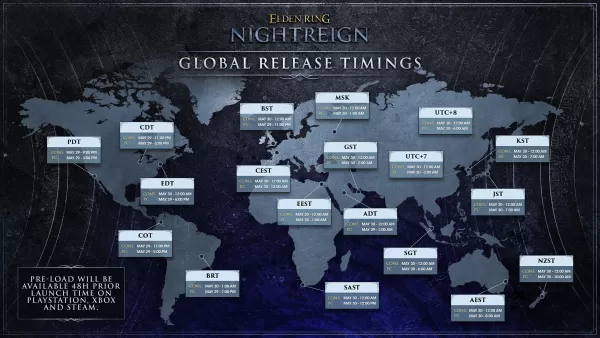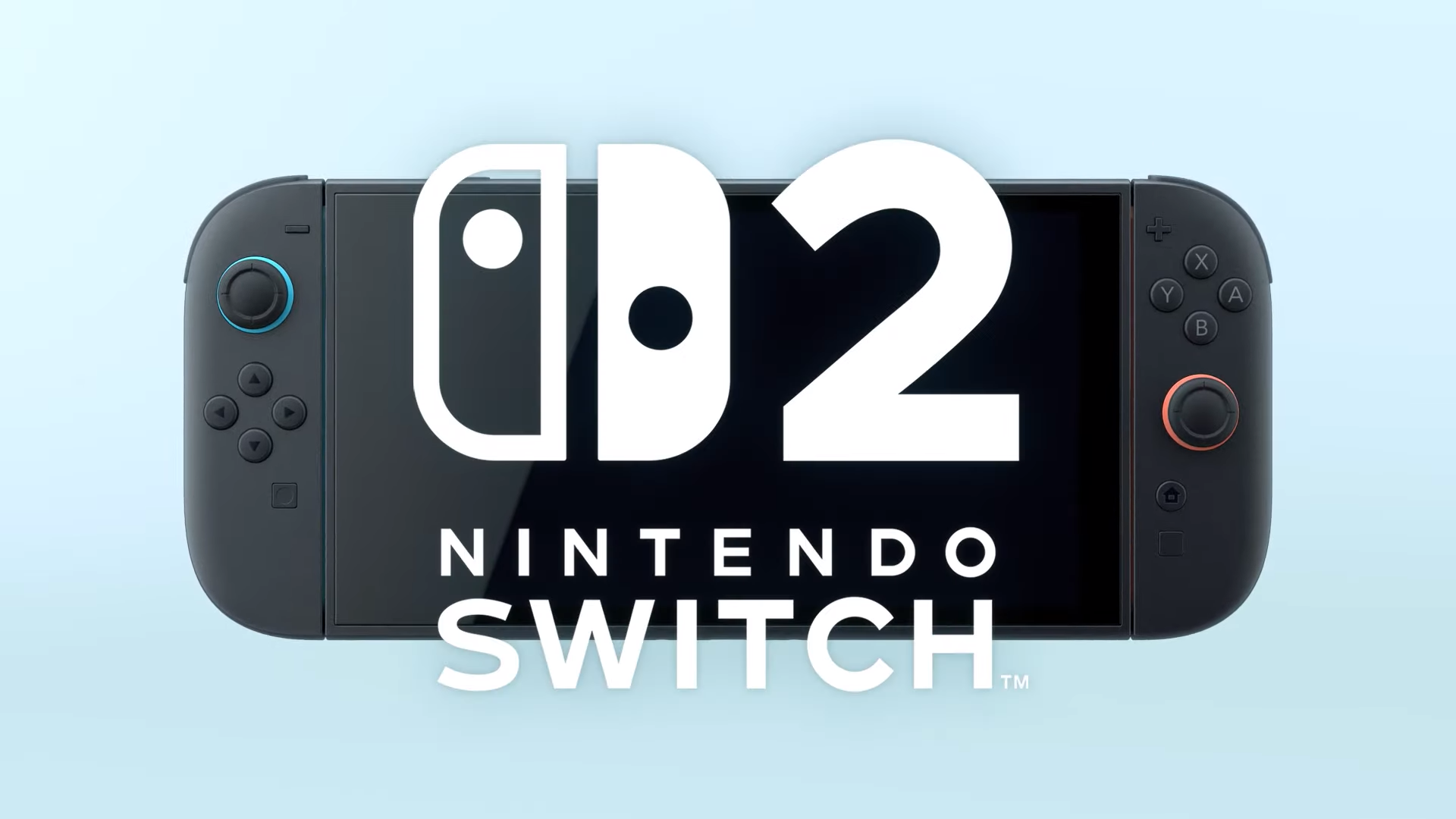When building your dream gaming rig, you've got options ranging from cookie-cutter Alienware setups to lavish boutique creations. The Origin Millennium carves out its own space – delivering premium power without the flashy aesthetics of competitors like Maingear or Falcon Northwest.
Think of it as a meticulously assembled custom PC where someone else handled the frustrating cable management. Just be prepared for the workout – this beast arrived at my doorstep in an enormous wooden crate that nearly broke my back hauling it upstairs.
Purchasing Guide
While technically available from $2,788, you'd be cheating yourself with the base i5-14600K configuration lacking dedicated graphics. Origin's online configurator lets you tailor every component, though be warned – high-performance parts quickly inflate the price tag.
Origin Millennium – Photos
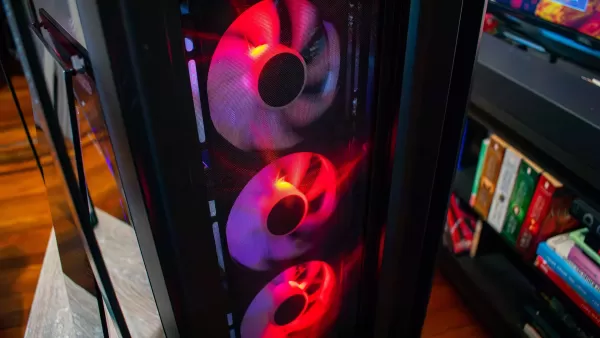
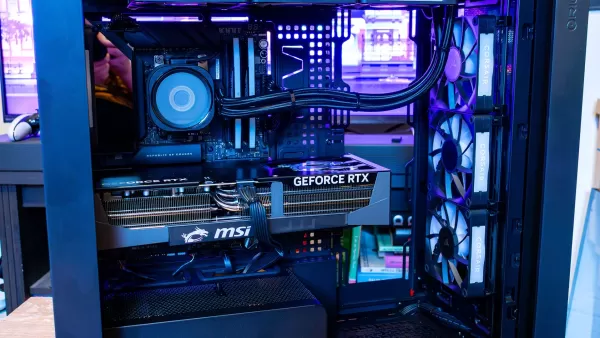 View 8 Images
View 8 Images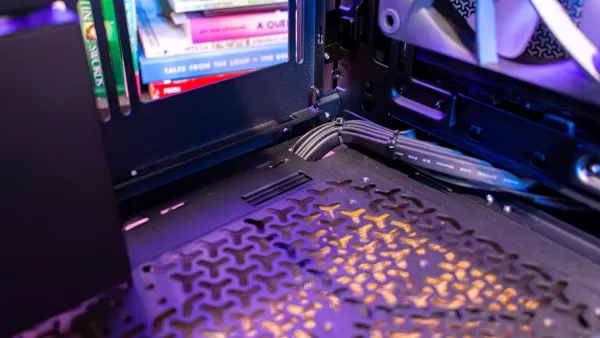
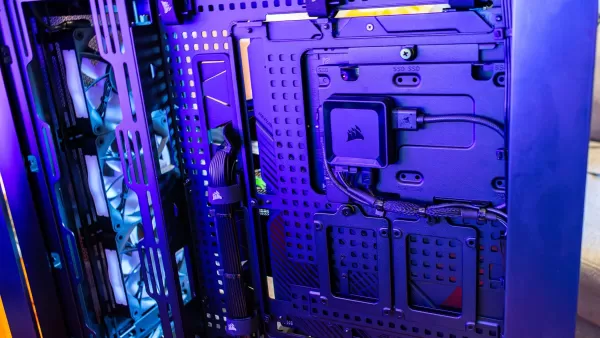
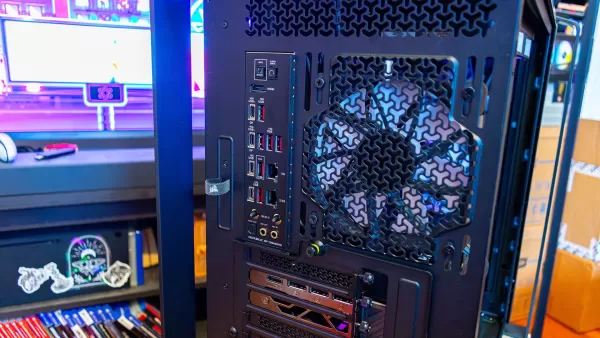
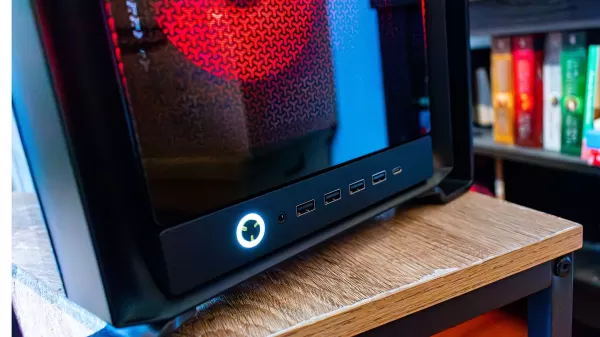
Design and Features
This brute weighs a staggering 33 pounds empty – add premium components and shipping materials, and you've got yourself a hernia waiting to happen. The industrial steel corner bars look imposing but complicate maintenance, as I learned when removing the side panel.
Inside lies impeccable cable routing with almost no visible wires – except for one eccentric choice. Front-mounted fan cables bizarrely exit underneath the case where they could snag. You'll choose between top or bottom-mounted ports – the latter being better suited for desks.
Connectivity impresses with four USB-A and one USB-C up front, plus abundant rear ports including multiple USB-C connections courtesy of the Asus ROG Crosshair motherboard.
All in the Configuration
While my $7,241 review unit represents enthusiast overkill, smarter configurations start around $3,392 with AMD's Ryzen 5 9600X and Radeon RX 9070 XT – still capable of 4K gaming. Builders will save roughly $1,000 assembling equivalent systems themselves.
The premium covers more than assembly – Origin backs each system with lifetime support and free upgrade services. That headache-inducing shipping crate? It's actually brilliant protection that puts standard packaging to shame.
Performance
Packed with an RTX 5090 and Ryzen 7 9800X3D, my test unit crushed 4K gaming benchmarks. Most titles exceeded 100 fps at native resolution – only graphically intensive Assassin's Creed Shadows dipped to 75 fps (boostable to 132 with frame generation).
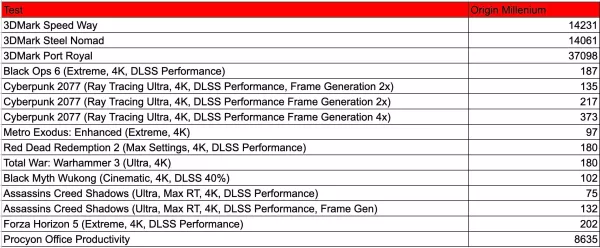
Cyberpunk 2077 delivered 127 fps with ray tracing maxed out – jumping to 373 fps using frame generation despite minimal latency impact. Simply put, no current game challenges this configuration.

